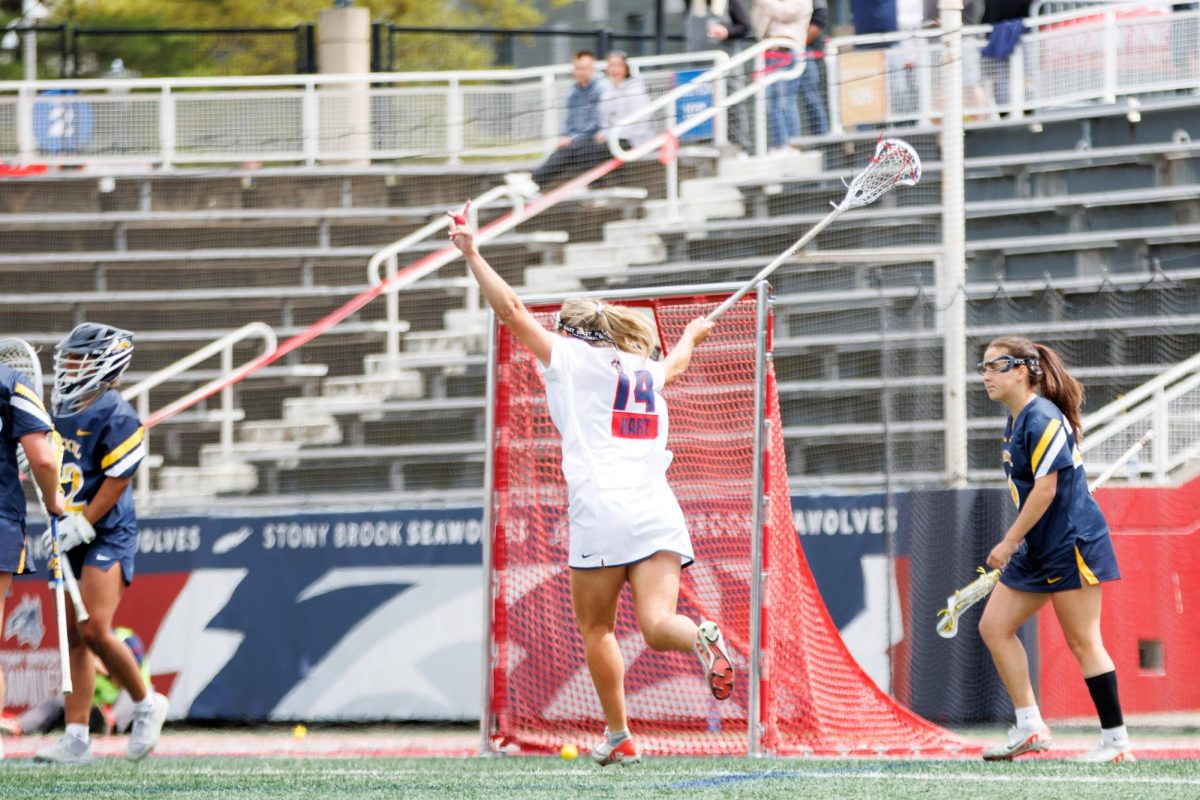Two former Undergraduate Student Government vice presidents resigned late in the fall semester immediately following their involvement in payroll discrepancies that resulted in a loss of as much as $300 for the organization, according to documents obtained by The Statesman.
Former Vice President of Clubs and Organizations Allen Abraham and former Vice President of Communications Farjad Fazli submitted their resignation letters on Nov. 10, 2010 attributing their decisions to leave their positions to time constraints. Fazli added that people within the organization have lost perspective of why they were in USG in the first place.
But another reason the two resigned, at the same time, was because of payroll discrepancies that led back to wages they were illegally, as of USG law, providing to their assistants, some of whom should have never been employed in the first place.
According to payroll documents, violations included USG employees being paid more than the wage stated in the USG Code via invalid raises, the creation of a position without the authorization by the USG Senate and having an employee filed under the wrong office.
Altogether, USG lost between $200 and $300 from the payroll discrepancies, USG President Mark Maloof said. The exact amount is difficult to determine because of the number of variables, including “people that were not working that should have never been working; people that were working but they were getting paid more than they were supposed to be working; then there were people that were working and working more than they were supposed to be working,” he said.
Mei Lin Margono, a USG employee, was being paid $8.25 as opposed to the $7.25 wage, or minimum wage, assistants and interns are paid. She was also filed under the Office of Clubs and Organizations, an office that is allowed no assistant or intern positions, according to the USG Code, which is a compilation of USG laws passed by the Senate and maintained by the Office of Law Revision.
The payroll spreadsheet with the wages of all USG employees, including vice presidents and senators, has Margono under the Office of Clubs and Organizations. But Abraham said the employee did not work underneath him, but rather, worked for the Office of Communications. Margono did not wish to comment.
“USG officials are allowed to lend out their assistants to other offices, so Farjad lent me out an assistant for the Leadership Conference, so technically they were working under Farjad,” Abraham said.
Margono’s payroll papers are both signed by Abraham, and one of the two is also signed by Fazli. Abraham said it was a mistake, and that he thought he was allowed to sign.
Roman Belopolsky, who does not work under the Office of Communications but is managed by it, was given a raise of $2, going from $10 per hour to $12. According to the USG Code, the maximum raise rate is 50 cents a semester. There is a maximum of $1.50 overall allowed in raises, which would be the equivalent of three semesters. He was never paid the increased wage because paperwork was not handed at the appropriate time. Belopolsky was not available for comment.
“We thought we were allowed to raise the pay, but apparently not,” Abraham said. “It was a lack of communication on that we didn’t know the rules.”
Maloof was alerted before the paperwork could be put into action and sent out a letter to those employees that were involved.
“After careful review of the Undergraduate Student Government’s books, it has been determined that a select number of employees have, at no fault of their own, been paid at wage rates that were not authorized by the USG Senate and thus rates that were not approved through the appropriate processes,” one of the letters said to those being given a raise. The second letter was for those being employed without proper authorization.
For Belopolsky and Jonathan Calderon, who was given the title of marketing director, both of whom were being offered a raise, there was an Employee Status Change application filled out with the new wages. A week later, Employee Status Change applications were filled out to reverse the raises when they were deemed invalid. Calderon could not be reached for comment.
“It never actually went up in terms of payment, but this status change form was to say you were operating under the impression that this was going to happen,” Maloof said of the second set of applications.
Because Belopolsky’s position as creative designer is not directly under the Office of Communications, he is allowed to work a maximum of 20 hours a week. However, other employees of the Office of Communications are allowed to work a maximum of 20 hours a week collectively, according to Maloof. In an email written by Fazli to Mary Howley, the USG secretary, this was not made clear.
“They can work up to 20 hours a week as per normal,” Fazli said in the email, referring to Belopolsky and Calderon. The position for marketing director was, as stated in the internal audit presentation, never a real position prior to Fazli’s email.
Fazli and Abraham wrote a letter on Sept. 15, indicating that the two would work together to oversee employees of the Office of Communications because, Fazli said, there is no structure for the office.
The USG Code has a list of responsibilities for the Office of Communications.
“There was a basic structure, but wasn’t really outlined the way it was supposed to be,” Fazli said. “In hindsight, we probably should have been a little more careful with what we did and tried to find out more information, I guess.”
Abraham agreed.
“I think we made a mistake we didn’t know we were making at the time,” he said. “I think Mark took the proper actions necessary to protect the organization.”
Fazli added that what they did was based on “precedent,” and that he had gone over the structure of his office when he was elected. Although, admittedly, he knew nothing about the organization, he said.
“I would say that I’m not the first person that has had some kind of issue with USG and the way things are run,” he said. “There is a great deal of dissatisfaction with USG amongst the student body, and that’s there for a reason. The reason is the way the organization is run and the people that are involved.”
For more information on the new system of organization for payroll, click here.







